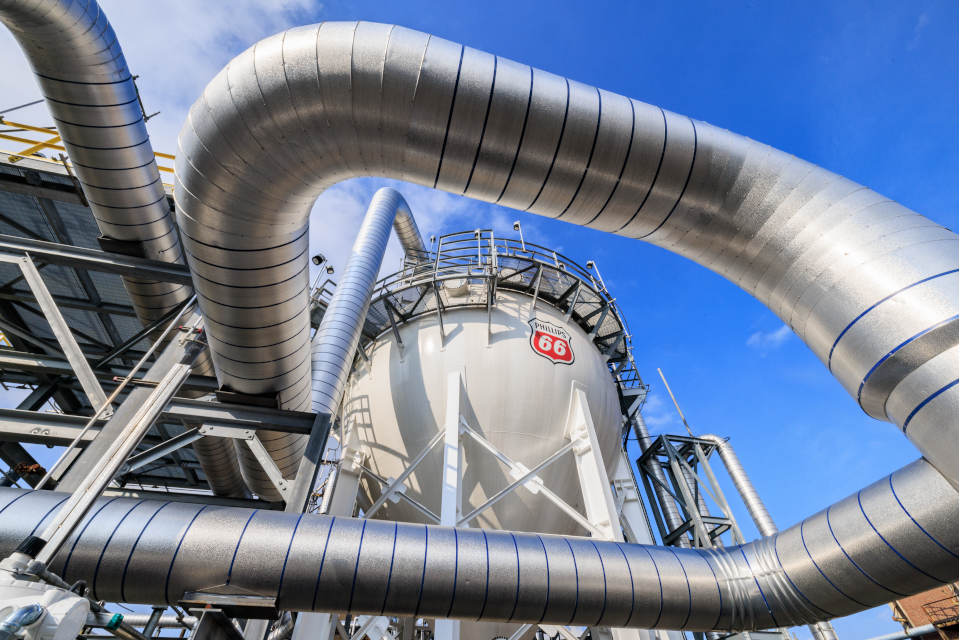‘Four-year journey reaches peak with Rodeo milestone’

The San Francisco Refinery operated by Phillips 66 has transitioned from producing traditional gasoline and jet fuel to exclusively manufacturing renewable fuels. The facility, previously known as the Rodeo Refinery, has been rebranded as the Phillips 66 Rodeo Renewable Energy Complex and is now capable of producing 27,000 barrels per day of renewable diesel. This accomplishment marks the completion of the four-year Rodeo Renewed project, positioning the refinery as one of the largest renewable fuels facilities globally.
Rich Harbison, the executive vice president of Refining at Phillips 66, expressed pride in the achievement at the Rodeo facility. He emphasized that the project aligns with the company’s strategy to expand renewable fuels production, reduce carbon emissions, and deliver reliable, cost-effective energy while generating value for shareholders. Moving forward, the Rodeo Complex aims to ramp up production to over 800 million gallons per year (50,000 barrels per day) of renewable fuels by the end of the second quarter.
In addition to renewable diesel, the facility has the capability to produce renewable jet fuel, a crucial component of sustainable aviation fuel (SAF). This transition away from fossil fuels involves utilizing renewable feedstocks like used cooking oil, fats, greases, and vegetable oil. Production of renewable jet fuel is expected to commence this quarter, further supporting the shift towards cleaner energy solutions.
The Rodeo Renewed project was initiated in August 2020, with production initially targeted for early 2024. Following approval from the Contra Costa County Board of Supervisors and increasing demand for renewable diesel, Phillips 66 made the decision to proceed with the project in 2022. As interest in lowering carbon emissions grows, the Vice President of the Rodeo Renewable Energy Complex, Jolie Rhinehart, anticipates a continued rise in demand for renewable energy.
States like California, Oregon, Washington, and British Columbia are playing a key role in driving demand for renewable fuels by implementing low-carbon fuel standard incentives to meet climate objectives. Leveraging its premium geographic location, advanced processing infrastructure, and efficient logistics, Phillips 66’s Rodeo Renewable Energy Complex is able to reduce lifecycle carbon emissions by approximately 65%. This commitment to sustainable practices positions the company as a leading global supplier of renewable fuels.






